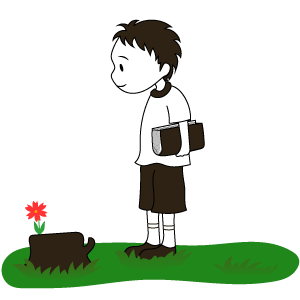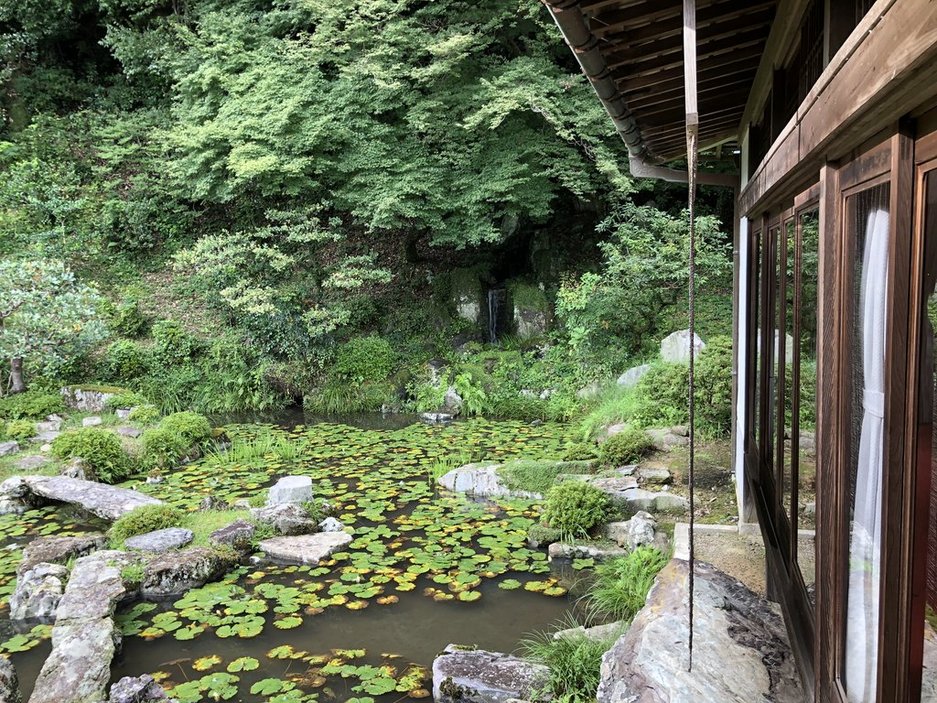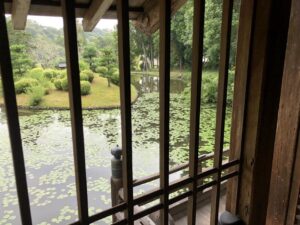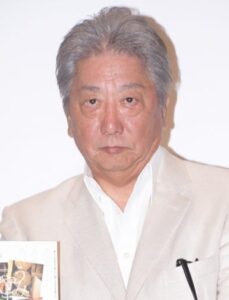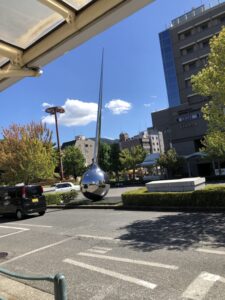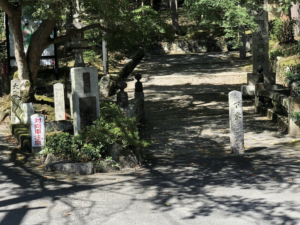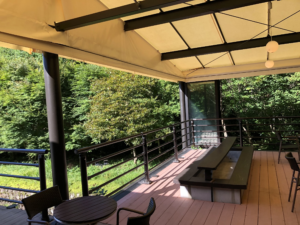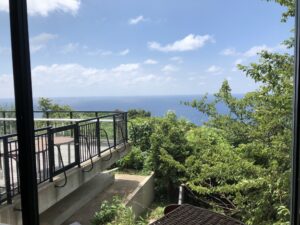Cloudy and gloomy
Gradually, I’ve become unable to write book reviews, memorials, or other essays introducing things that have impressed me.
Or rather, I no longer want to write.
Even if I don’t dare to write them, many people in the world, including this Note, have written accurate and excellent book reviews.
I write from my mere impressions and hazy memories, and I often find that I am wrong when I read them later. If that’s the case, perhaps Amazon reviews are fine.
Then I wonder what a Note is.
What is an essay? And so on down the chain of thought.
I guess I should just write about whatever I want. I have been writing this article as a diary, writing what I like, but when I think that people will read it, it is a diary, but it is not a diary.
Nagai Kafu, who is famous for his diary literature, is said to have secretly kept a personal diary in addition to his diary.
As long as there is a possibility that someone other than oneself may read it, it may be a diary and not a diary.
This could destroy the original definition of Japanese diary literature, such as the “Murasaki Shikibu Diary” and the “Sarashina Diary. The diary is inevitably imbued with a sense of pedantry and self-consciousness, as if it might be read by other people.
A true diary would be like a person who, when he or she dies, puts his or her diary in a coffin without looking inside and asks that it be burned.
What is written in the diary? I am sure there are many things written there that I don’t want other people to know, things that I consider negative in myself.
The older I get, the more I realize that. It is in inverse proportion to the diary of a kindergartener, which is trivial but pure.
A foreign writer once said, “When you get older, your diary is nothing more than the vomit of your feelings. When I read it back, I feel nauseous myself.” I think I understand a little.
A diary or essay that is read by others. As the title of the book says, this may be the difference between a diary that is just vomit and diarrhea, and an essay that is readable.
“Looking at the Autumn Leaves, Poor Me, Stepping on the Fallen Leaves.”
